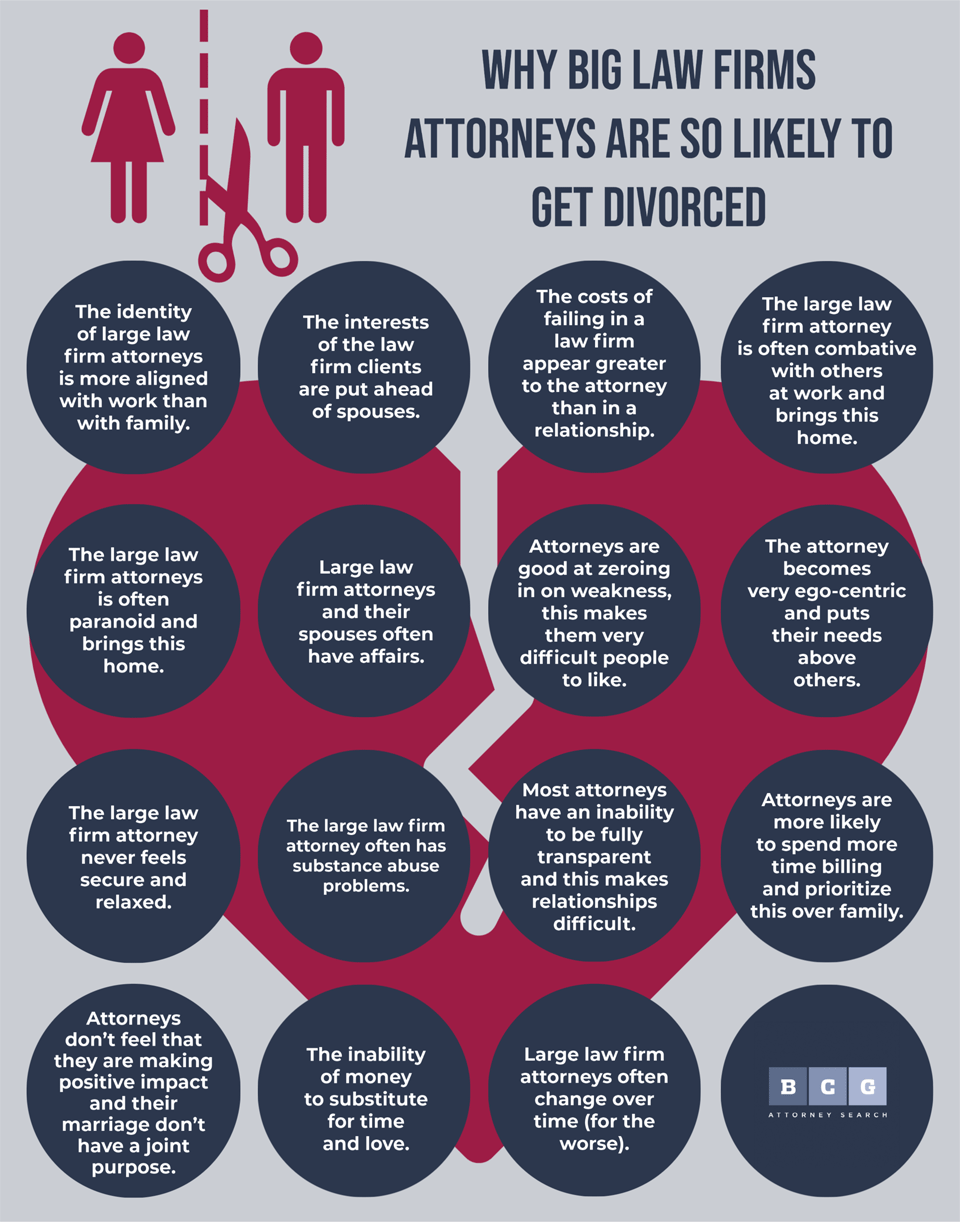The 45-Second Trick For Brian D. Perskin
Table of ContentsBrian D. Perskin Things To Know Before You Get ThisThe Single Strategy To Use For Brian D. PerskinThe Best Guide To Brian D. PerskinThe 4-Minute Rule for Brian D. PerskinThe 7-Minute Rule for Brian D. Perskin
Some states, such as California, believe that marital property should be divided equally unless a premarital agreement specifies otherwise. Most states, however, apply the concept of "equitable distribution," which means the court divides the marital property as it thinks fair. That division may be 50-50 or something else. Some of the factors considered include: the amount of nomarital property each spouse has; each spouse’s earning power; services as a homemaker; waste and dissipation; fault; duration of the marriage; and age and health of the parties.How do courts determine who gets custody of children in a divorce? If the parents cannot agree on custody of their child, the courts decide custody based on "the best interests of the child." Determining the child’s best interests involves many factors, no one of which is the most important factor.
What is joint custody? Joint custody has two parts: joint legal custody and joint physical custody. A joint custody order can have one or both parts. Joint legal custody refers to both parents sharing the major decisions affecting the child, which can include school, health care and religious training. Brian D. Perskin. Other considerations under these types of custody agreements can include: extracurricular activities, summer camp, age for dating or getting a job, and methods of discipline.
Excitement About Brian D. Perskin
The amount of time is flexible, and can range from a moderate period of time for one parent, such as every other weekend, to a child dividing the time equally between the two parents’ homes. In situations where the time spent with both parents will be divided equally, it helps if the parents live close to one another.

Some states also cap support at a certain income level. If a parent is intentionally not working or is working at less than he or she is capable of earning, the court can "impute income," which means setting support based upon what the parent is capable of earning rather than actual earnings.
Rumored Buzz on Brian D. Perskin
For example, some states include medical expenses and day care, while other states add those costs on top of the child support. See Family Law in the 50 States Tables and click on "Child Support Guidelines." What happens if a parent does not pay court-ordered child support? In 1994, 5.
However, of the 5. 4 million, only slightly more than half received the full amount, while a quarter received partial payment and a quarter received nothing at all. Various enforcement mechanisms exist against these so-called "dead-beat parents," including automatic withholding of the obligor’s income. The court has the power to hold a party in contempt for violating a court order.
If the contemnor does not purge the contempt and has the ability to pay, the court has the power of incarceration, although usually for a limited amount of time, such as six months per contempt citation. In addition, many states have criminal penalties for failing to pay child support. Recently, Congress has enacted many new enforcement mechanisms, creating greater collaboration between federal and state governments.
The Brian D. Perskin Diaries
The law also improves interstate enforcement by bolstering federal services to locate parents across state lines and by requiring all states to have common paternity procedures in interstate cases. Brian D. Perskin. Source: Children's Defense Fund, The State of America’s Children: Yearbook 1997 16 (1997). Do grandparents have visitation rights to their children? Traditionally, the common law denied grandparents visitation with a child over a parent's objections.
The laws do not make granting of visitation rights automatic—they merely go to website give grandparents the right to ask for a visitation order. Many states permit only grandparents to petition for visitation, but some have extended the right to other relatives, such as great-grandparents, aunts, uncles and siblings, stepparents, and even non-relatives with whom the child has a close relationship.

Most commonly, a grandparent (or other permitted third party) may petition for visitation after the death of a parent or upon divorce of the parents. Some statutes allow petitions when a parent is incarcerated, when a child is born out of wedlock, and when the child has previously lived with the grandparent.
Getting The Brian D. Perskin To Work
The Section of Family Law's 2019 Client Manual provides answers to common questions about divorce and other family law issues. Written in an easy-to-understand manner, this guide explores topic issues including property division, custody, domestic violence, working with an attorney and more.Purchase your copy today see here now for just $12. 95.